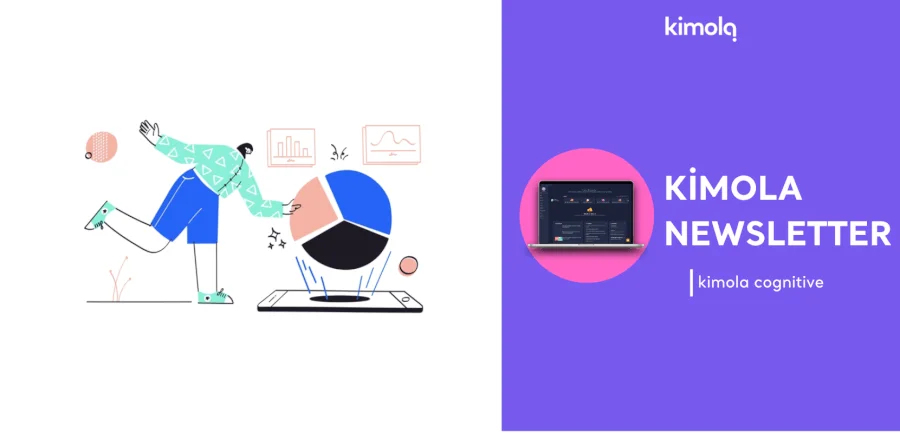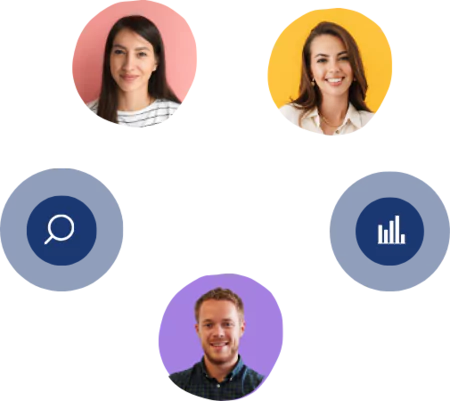Kimola Newsletter | Cognitive 14#: A new day, a new graph! 🎉

We are gathering news on artificial intelligence, machine learning and Kimola Cognitive's product updates on this newsletter.
Let us know what you think about our newsletter on anything by mentioning us on Twitter @kimolacognitive
Attention, a new graph!

We are constantly updating Kimola Cognitive to bring you a better experience. With our latest update, it has become possible to see the sentiment of consumer conversations on a daily basis. Now also users are able to see the timeline of classified reviews by their labels. 🥳 In other words, today it is possible to find out in seconds whether your consumers are talking more about the price or features of your product.
|
You can visit Kimola Cognitive now to create a new report!
|
Thanks to Character.AI, it will be possible to chat with the desired person.
Chatbots remain an exciting and controversial field, especially for AI. Finally, Character.AI is one of the most interesting examples in this field. This tool lets you chat with digital copies of just about anyone. These individuals may be living or dead, or even non-existent fictional characters. Founded by former Google researchers Daniel De Freitas and Noam Shazeer, Character.AI, like ChatGPT, collects information from articles, news, books, and other digital sources to generate sensible responses from people or characters you choose.
A robot that can smell better than humans has been developed.
A group of researchers working at Tel Aviv University has developed a robot that can identify many smells with 10,000 times more precision than today's electronics. This robot is called a bio-hybrid platform. The developed robot has antennas taken from desert locusts and connected to an electronic system. This system can measure the electrical signals produced by the antenna when a smell is detected. In addition, the robot is equipped with an algorithm that can characterize smell by signal outputs. In this way, a system is claimed to have been created that can distinguish between marzipan, lemon and eight other "pure" scents.
Artificial intelligence can imitate the human voice.
We know that artificial intelligence has developed and become popular recently. Systems that create images from texts such as Midjourney, DALL-E, and models such as ChatGPT, which respond to whatever we ask, have made a worldwide impact. Microsoft, on the other hand, has now introduced 'VALL-E', an artificial intelligence model that can create a voice from text, as a new artificial intelligence move. This system, which is stated to be able to imitate human voices quite easily, will revolutionize the field of artificial intelligence. According to Ars Technica, the Microsoft-developed VALL-E can imitate a human voice using just a three-second sound sample. This artificial intelligence model can even produce results that match the tone of voice according to the emotion of the speaker. VALL-E is considered a significant breakthrough in the field of artificial intelligence.
The washing machine that knows we're sleeping?
South Korean electronics brand LG has announced that it is working on a category of devices that can detect when its owner is asleep. Products such as TV, air conditioner, air cleaner, washing machine and dishwashers, which were developed together with the South Korean-based company "Asleep", which develops artificial intelligence-supported sleep technologies, enter different working modes when they realize that the person has fallen asleep. The new product was first exhibited at the technology fair CES 2023 in the USA.







